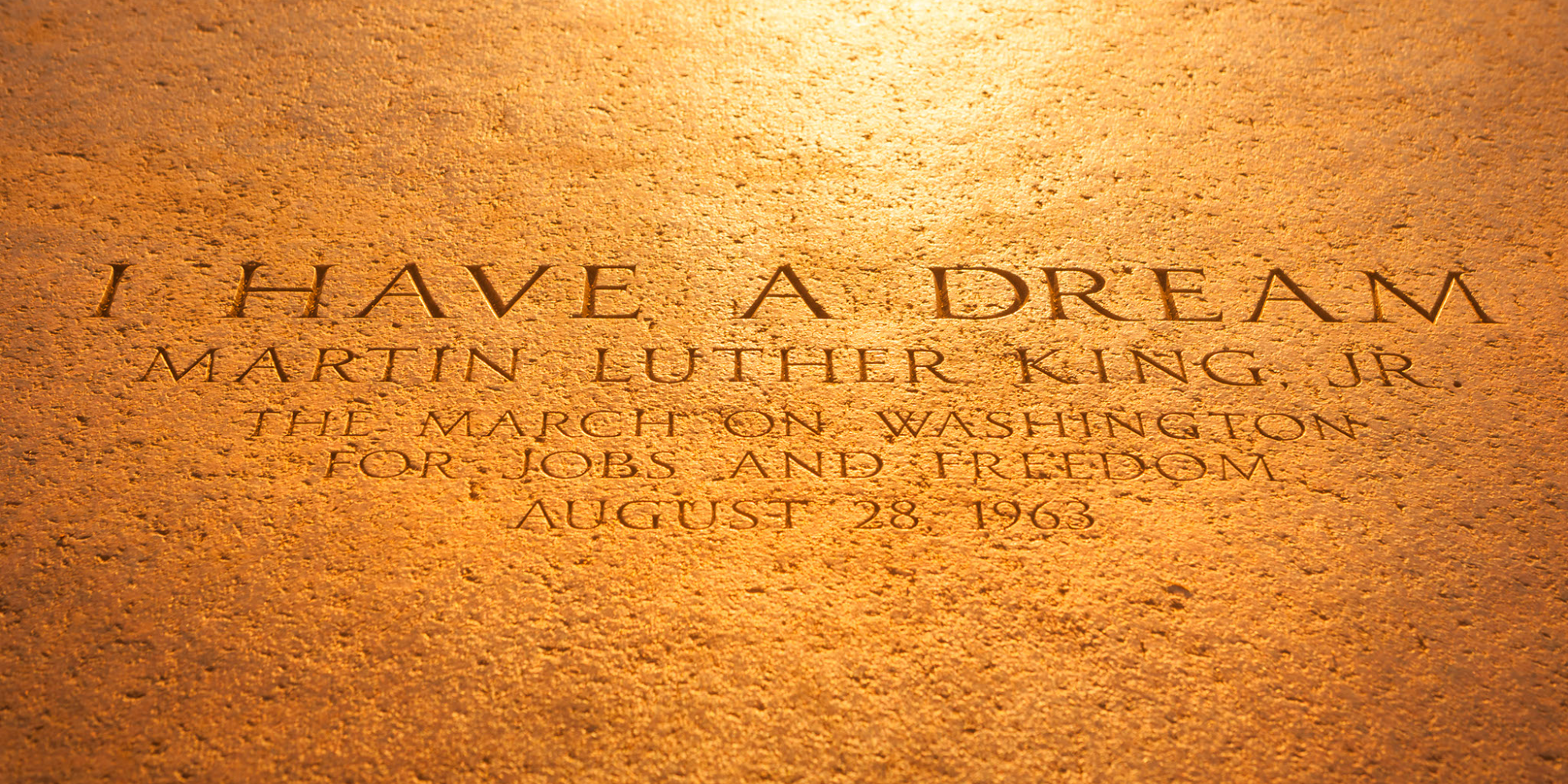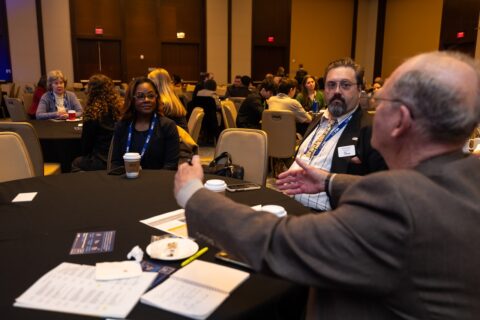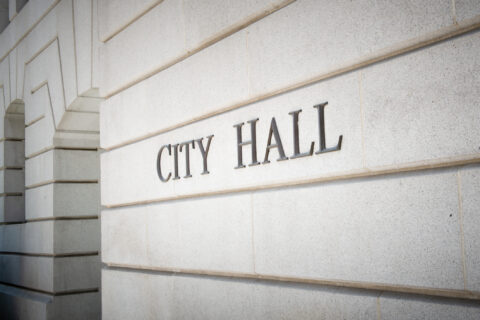“Our lives begin to end the day we become silent about things that matter.”
Martin Luther King, Jr. Day celebrates the life, accomplishments, and legacy of one of the foremost leaders of the Civil Rights Movement.
Take Action
Start the dialogue on racial healing in your community by using The National Day of Racial Healing conversation guide and additional resources.
Though today’s holiday was first proposed in 1979, signed into law in 1983, and observed in 1986, several states refused to recognize a holiday that explicitly celebrated a Black civil rights leader. MLK, Jr. Day was not observed officially in all 50 states until 2000. New Hampshire was the last state to name a holiday after Dr. King, and South Carolina was the last state to make MLK, Jr. Day a paid state holiday instead of providing the option to celebrate either MLK, Jr. Day or one of three Confederate holidays.
While Martin Luther King, Jr. is today regarded as a hero in the United States today, he was wildly unpopular with much of the general public by the time of his murder. Dr. King was assassinated in 1968 while organizing striking Memphis sanitation workers and for his unwavering devotion to speaking truth to power and his commitment to dismantle the system of racism in the United States.
By 1966, 63% of people in the United States held a negative view of Dr. King, while only 32% held a positive one, Gallup poll noted. By this time, Dr. King had publicly opposed the Vietnam War and criticized the war for draining critical resources that could be used to end poverty. His position was widely condemned by The New York Times’ editorial board and 167 other newspapers. The NAACP, National Urban League, and Southern Christian Leadership Conference all distanced themselves from Dr. King after he denounced the war, fearing that they would lose the support of President Lyndon Johnson.
There comes a time when one must take a position that is neither safe, nor politic, nor popular, but he must take it because conscience tells him it is right.
Dr. Martin Luther King, Jr.
At the time of his assassination, much of Dr. King’s energy was devoted to the Poor People’s Campaign, a multi-racial movement to provide good jobs, housing, and a decent standard of living to every person in the United States. He stated, “capitalism has outlived its usefulness…there must be a better distribution of wealth within this country.”
The system of racism that Dr. King fought is just as prevalent and pervasive today, as we saw on January 6, 2021, when white supremacists attempted a coup at the U.S. Capitol to stop the certification of a free and fair election. In celebrating Dr. King’s legacy on MLK, Jr. Day, we should heed his words – that silence in the face of oppression is complicity; the just, equitable thing to do may not be widely popular, and that a truly equitable country and future will likely involve a radical imagination to see beyond what has been possible so far.
A key piece of this continued push toward justice involves accountability for and healing from the historical and present ways in which racism disproportionately harms Black, Indigenous, and People of Color. The W.K. Kellogg Foundation is hosting its sixth annual National Day of Racial Healing on January 18th, a call to action for racial healing for all people. It originated as part of the W.K. Kellogg Foundation’s national Truth, Racial Healing & Transformation initiative.
On this day, individuals, organizations and communities across the U.S. come together to explore their common humanity and build the relationships necessary to create a more just and equitable world. To ensure our communities are free of systemic injustice, we must come together to heal, exploring and unraveling the deeply held racial biases and racist systems of the past and present.
Day of Racial Healing
A live stream event on January 18th, including speakers, artists, and other special guests will air starting at 3 P.M. EST on YouTube and the National Day of Racial Healing Facebook Page. You can also use #HowWeHeal to follow developments up to and throughout the day. Click to learn more.









